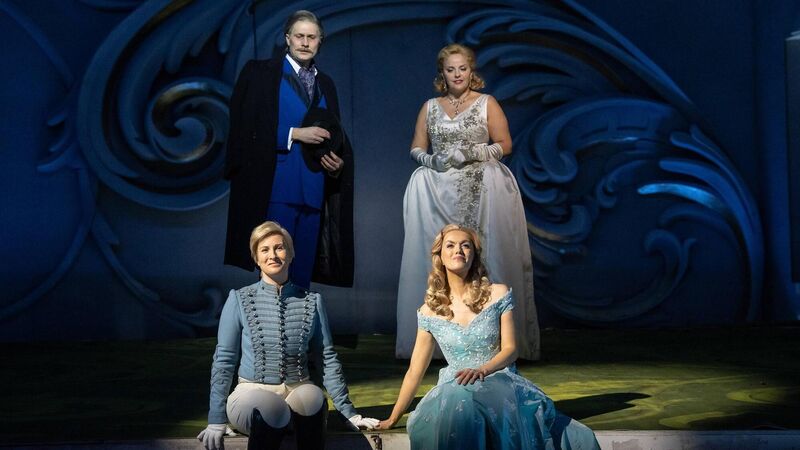Opera review: Der Rosenkavalier delights in Dublin

Samuel Dale Johnson (Faninal), Celine Byrne (Marschallin), Paula Murrihy (Octavian) and Claudia Boyle (Sophie) in Irish National Opera’s Der Rosenkavalier in Bord Gáis Energy Theatre. Picture: Patrick Redmond
★★★★☆
The playful anachronisms of films like The Favourite and Corsage may seem very much of our post-bloody-well-everything moment, but as Der Rosenkavalier shows, Richard Strauss and librettist Hugo von Hofmannsthal were at the same thing over 100 years ago.




